Maybe washing your home isn’t at the top of your home exterior maintenance list. But it is important. How you choose to clean depends on the type of. Let’s review the reasons for cleaning regularly and different methods to consider.
What surfaces outside your home should you clean?
The simple answer is you should clean everything. Most won’t disagree you need to clean your house from top to bottom inside. The same goes for outside.
You should clean your roof, gutters, siding, windows, doors, decks and patios, walkways and driveways. Everything.
At the bare minimum, we recommend house washing annually.
What are the benefits of washing your home?
Prevents damage
Cleaning the grease, chemical residue, dust, dirt and grime of surfaces reduces the chance of permanent stains. Over the winter, moisture can build up, creating the perfect environment for mould growth, especially in shaded areas.

Saves money
Preventative maintenance reduces the risk of high repair or replacement costs in the long run. Cleaning is usually a lot less expensive than repairs and replacements.

Restores curb appeal
Routinely washing your house to remove keeps things looking fresh without expensive home improvement, like painting or refinishing.
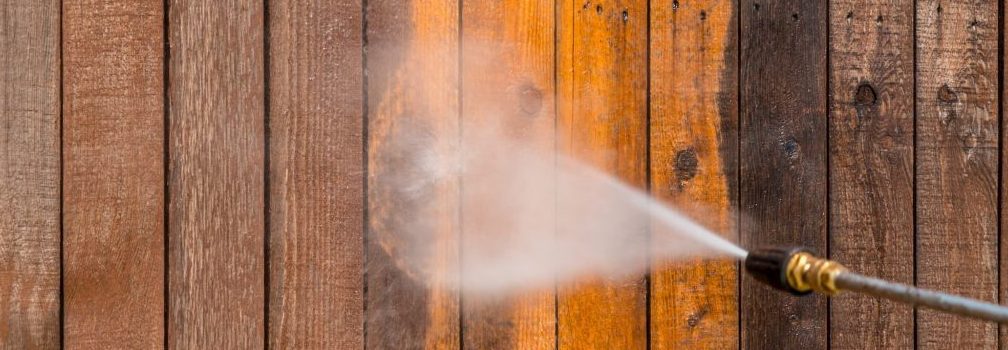
Improves health
Besides the appearance of your home’s exterior, it is equally important to remove mildew and other dangerous substances. You want to protect your family and pets from falling ill or suffering from allergies.

What methods are best for washing your home?
How you wash the exterior of your home depends on the material of each surface. There’s concrete, brick, stucco, vinyl, aluminum, wood, composite, and stone, to name a few. It can also depend on the condition of the surface.

Soft Washing
Some surfaces required a gentle touch, and we recommend soft washing. Wood siding and even composite are delicate. Window screens are a perfect candidate for soft washing. Low pressure, perhaps with a garden hose and soft bristle brush, may be all you need to restore these sensitive surfaces.

Medium Touch
Sometimes fragile surfaces need more than just water and elbow grease. Add a spray nozzle to the hose for a bit more strength to remove stubborn stains. A note of caution: you can damage vinyl siding if you do power washing incorrectly.
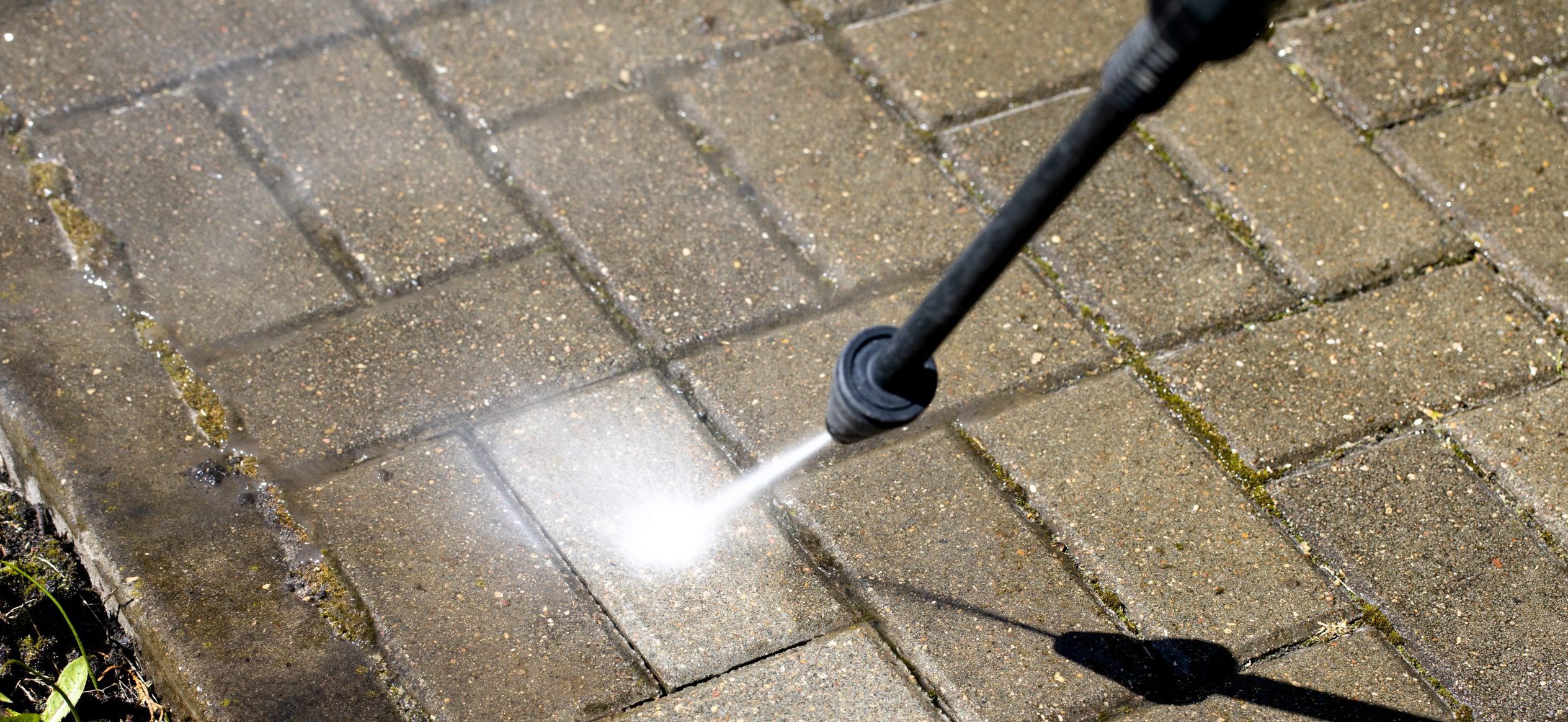
High Pressure
For tougher surfaces, pressure washers are great. When you pressure wash your house, water can blast up to 3300 psi. But as noted above, it requires knowing what you are doing and the limitations of the surfaces you want to clean.
Things to consider when washing your home yourself
Think you are ready to tackle this project yourself? Make sure you know what you are doing. Use the right equipment and take necessary safety precautions, especially if using pressure washers.
- Wear safety goggles
- Avoid electrical outlets, panels, and meters
- Select safe and environmentally friendly cleaning agents
- Maintain control of the pressure at all times and keep your balance
- Wash second stories using an extension wand
- Cover things you don’t want to get wet with drop cloths
Dangers of pressure washing your home
Too much pressure is not a good thing. Some of the potential risks from heavy water pressure include:
- Damage to windows and screens
- Dents in aluminum
- Stripping away pieces of asphalt shingles
- Removing paint or sealants – even more dangerous if it is lead paint
- Forcing water under siding and building up in walls and the attic
- Damage to insulation and wiring
- Loosening old mortar
- Bending or crushing air conditioner fins
- Encouraging mould growth
- Destroying landscaping
- Harming pets and children if they get too close

Consider hiring a professional
Proper techniques are very important not only to get a thorough cleaning but also to prevent damage and injury. Concerned at all? Call us. We are happy to make recommendations and provide an estimate absolutely free.
It might surprise you how inexpensive it is and worth not taking the added risk of doing it yourself. While on-site, we can complete a full inspection of your home’s exterior.



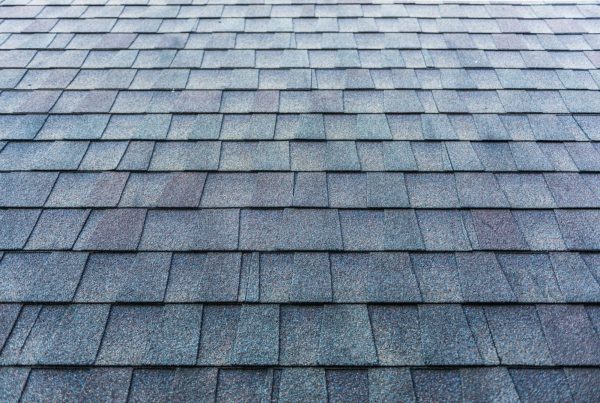

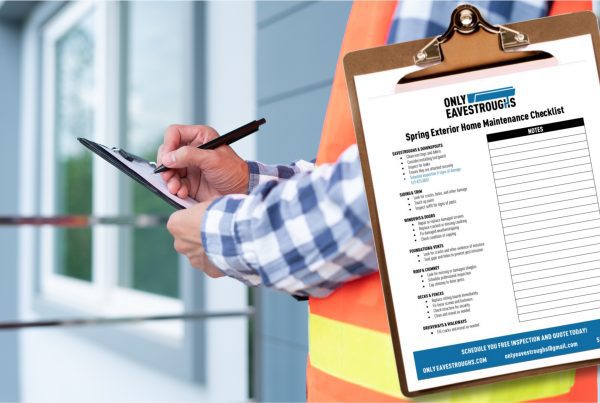


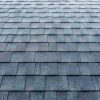
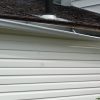

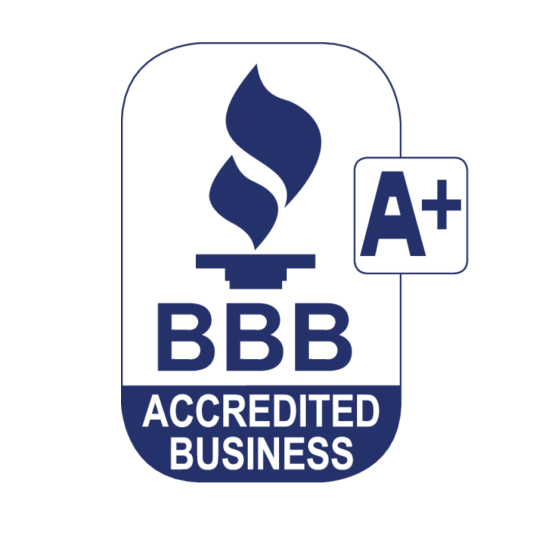


Recent Comments